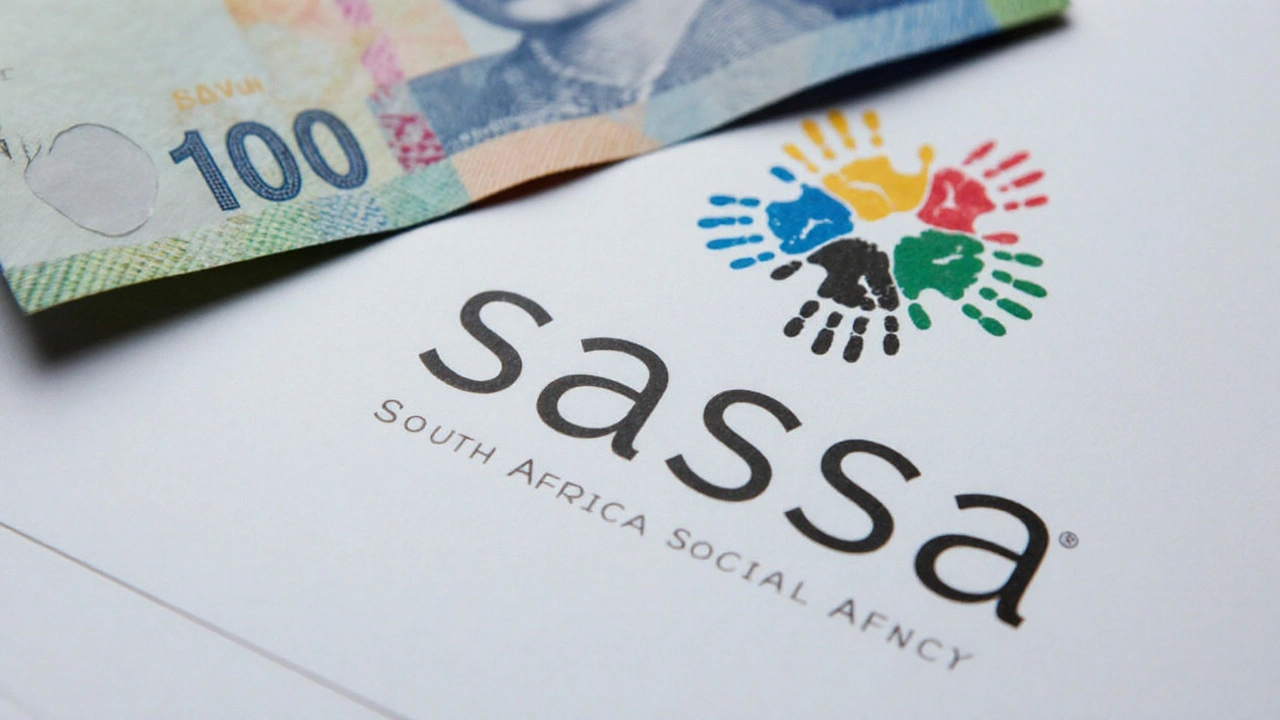South Africa Social Assistance: A Practical Guide
When talking about South Africa social assistance, the network of government‑run benefits that help vulnerable households meet basic needs. Also known as South African welfare system, it covers cash grants, food parcels, and emergency relief. Understanding this system matters whether you’re a policy watcher, a beneficiary, or just curious about how the country tackles poverty.
Core components of the system
The backbone of the program is social grants, cash payments that target children, the elderly, and the disabled. These include the Child Support Grant, Old Age Pension, Disability Grant, and Foster Care Grant. South Africa social assistance encompasses these grants, meaning they are integral pieces of the broader safety net. Each grant has specific eligibility rules, payment amounts, and renewal cycles, but all aim to lift households out of extreme poverty.
Administration falls to the South African Social Security Agency (SASSA), the public entity tasked with processing applications, disbursing funds, and preventing fraud. SASSA’s efficiency directly influences how quickly beneficiaries receive support; therefore, the agency shapes the overall effectiveness of the assistance system. Transparent processes and digital payment platforms have become key tools for SASSA to improve outreach, especially in remote areas.
Beyond regular grants, the system includes unemployment insurance, short‑term cash relief for workers who lose their jobs and ad‑hoc measures like COVID‑19 relief packages and the proposed Basic Income Grant. These programs require rapid policy responses and often intersect with existing grants. For example, during the pandemic, many households received both a Child Support Grant and a temporary COVID‑19 social aid payment, amplifying the safety net’s reach.
Challenges persist. Leakages through fraudulent claims, delays in payment, and insufficient coverage in informal settlements limit impact. Recent reforms push for biometric verification and mobile money disbursement to curb abuse and speed up delivery. Moreover, funding constraints mean that grant amounts sometimes lag behind inflation, prompting calls for regular adjustments to preserve purchasing power.
Despite hurdles, the system has demonstrable effects. Studies show that households receiving a Child Support Grant are less likely to experience food insecurity, and old‑age pensions contribute to improved health outcomes for seniors. Unemployment insurance helps smooth consumption during job loss spells, reducing the risk of falling into deeper poverty. Together, these elements reinforce economic stability and social cohesion across South Africa.
Below you’ll find a curated collection of articles that dive into specific aspects of South Africa social assistance – from grant eligibility updates to analysis of SASSA’s latest digital rollout. Use them to get a clearer picture of how each piece fits into the larger welfare landscape.

How to Appeal a Declined R370 SRD Grant – Step‑by‑Step Guide from SASSA
SASSA has released a clear, step‑by‑step process for appealing rejected R370 Social Relief of Distress (SRD) grants. Beneficiaries can use the online portal, submit supporting documents, and have their case reviewed by the Independent Tribunal for Social Assistance Appeals (ITSAA) within 30‑90 days. Successful appeals trigger SMS notifications; unsolved cases may be taken to the High Court. The guide warns against re‑applying and encourages use of the formal appeal route.




